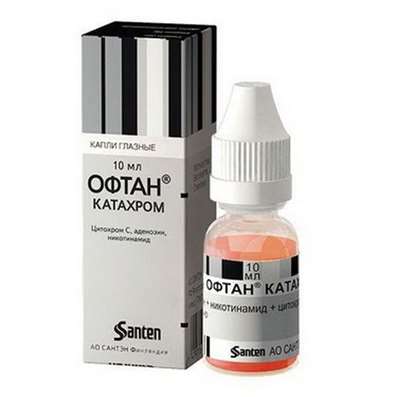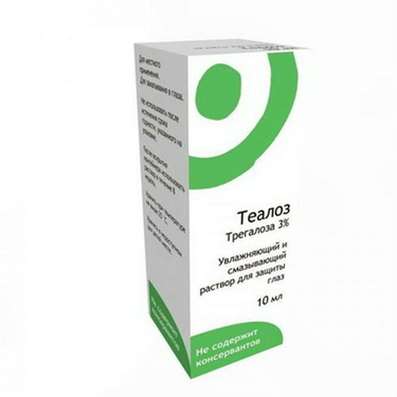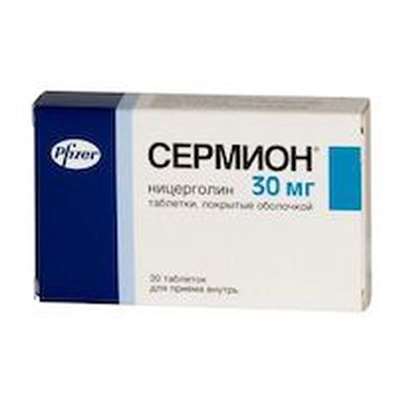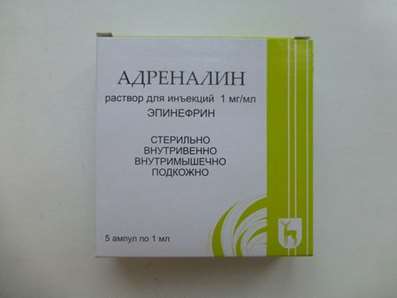Instruction for use: Thyroliberin solution for injections
I want this, give me price
ATX Code V04CJ02 Protirelin
Active substance: Protirelin
Pharmacological group
Hormones of the hypothalamus, pituitary gland, gonadotropins and their antagonists
Nosological classification (ICD-10)
F10.3 abstinence
Alcohol withdrawal syndrome. abstinence symptom, Abstinence syndrome in alcoholism, abstinence, alcohol Abstinence, alcohol withdrawal, Alcohol abstinence, Alcohol withdrawal syndrome, postabstinentnom disorder, postabstinentnom state, alcohol withdrawal syndrome, withdrawal syndrome, The syndrome of alcohol abstinence, alcohol withdrawal syndrome, Status of abstinence
F32 Depressive episode
Adynamic Subdepression, Astheno-adynamic subdepressive states, Asthenodepressive disorder, Astheno-depressive disorder, Asthenodepressive state, Astheno-depressive state, Major Depressive Disorder, Vyaloapatichesky depression with retardation, Double depression, Depressive pseudodement, Depressive illness, Depressive mood disorder, Depressive disorder, Depressive mood disorder, Depressive state, Depressive disorders, Depressive syndrome, Depressive syndrome larviated, Depressive syndrome with psychoses, Depressed masks, Depression, Depression Depletion, Depression with the phenomena of inhibition within the framework of cyclothymia, Depression is smiling, Involutional depression, Involutionary melancholy, Involutional depression, Manic-depressive disorder, Masked Depression, Melancholic Attack, Neurotic depression, Shallow Depression, Organic depression, Organic depressive syndrome, Simple depression, Simple melancholic syndrome, Psychogenic depression, Reactive depression, Reactive depression with moderate psychopathological symptoms, Reactive depressive states, Reactive depression, Recurrent depression, Seasonal depressive syndrome, Severostatic depression, Senile Depression, Senile Depression, Symptomatic Depression, Somatogenic depression, Cyclotymic depression, Exogenous Depression, Endogenous depression, Endogenous Depressive Conditions, Endogenous Depression, Endogenous depressive syndrome
F48.0 Neurasthenia: Asthenic form of neurasthenia; Asthenoneurotic state; asthenoneurotic disorder; Influenza young workaholics; Flu of yuppie; neurotic disorders; neurasthenic state; neurasthenic syndrome.
R45.3 Demoralization and apathy
Apatiko-Abulian phenomenon, Apathy, Apatobulic conditions, Apathoabulic Disorder, Apatobulic state, Indifference, Bezynitsiativnost, Vyaloapaticheskoe condition, Sluggish-apathic state, Deficiency of motivations and motivations, Lack of initiative, Lack of emotionality and avoidance of communication, Feeling of low value, Decreased initiative, Decreased motivation, Reduced initiative
R53 Miscommunication and fatigue
Asthenic disorders, Asthenic conditions, Asthenic phenomena, Asthenic syndrome, Asthenic disorder, Asthenic state, Asthenic phenomenon, Asthenia, Astheno-adynamic subdepressive states, Asthenovegetative symptoms, Asthenic-autonomic symptomatology, Asthenic autonomic disorder, Asthenodepressive disorder, Astheno-depressive disorder, Asthenodepressive state, Astheno-depressive state, Asthenoneurotic disorder, Astheno-neurotic state, Fast fatiguability, Flu of young workaholics, Influenza yuppie, Diabetic asthenia, Exhaustion of the nervous system, Exhaustion physical, Malaise, Nervous depletion with depression, General mental fatigue, General physical fatigue, General malaise, Pathological fatigue, Increased fatigue, Increased fatigue, Mental fatigue, Mental exhaustion, Mental fatigue, Astenovegetative Syndrome, Chronic Fatigue Syndrome, Decrease in total activity, The state of increased fatigue, Conditions of increased fatigue, Mental fatigue, Prostration, Fatigue, Fatigue, Fatigability, Physical fatigue, Physical and mental fatigue, Physical overwork, Functional asthenic conditions, Chronic fatigue, Chronic asthenic conditions
T40 Poisoning by drugs and psychodysleptics [hallucinogens]
Drug Intoxication, Intoxication narcotic, Intoxication with narcotic analgesics, Drug poisoning, Poisoning with drugs and analgesics, Poisoning with drugs, Poisoning with sleeping pills and narcotic drugs, Overdose of narcotic analgesics
T51 Toxic effect of alcohol
Intoxication alcoholic, Alcohol intoxication, Intoxication with alcohol, Acute alcohol intoxication, Chronic alcohol intoxication
Composition and form of release
1 ampoule with 1 ml solution for injection contains protirelin (rilising factor of the hypothalamus) 500 mcg; In a box of 10 pcs., Complete with an ampoule knife.
pharmachologic effect
Pharmacological action - nootropic, metabolic.
The releasing factor of the hypothalamus, which promotes the release of the thyroid-stimulating hormone of the pituitary gland, stimulates the secretion of prolactin. It has a short antidepressant and psychostimulating effect, improves cerebral blood circulation, weakens the effect of alcohol, barbiturates, neuroleptics and narcotics (including heroin).
Indication
Neurasthenic and depressive states (lethargy, depression, apathy) after the transferred intoxications (including those caused by alcohol and drugs), infections, brain trauma. An abstinence syndrome with alcohol and narcotic (heroin) dependence.
Contraindications
Hypersensitivity, arterial hypertension, acute cardiovascular failure, epilepsy, manic conditions, pregnancy.
pregnancy and lactation
Contraindicated in pregnancy.
Side effects
Short-term increase in blood pressure, hyperemia of the face, tachypnea.
Dosing and Administration
In / in, spray or drip (in saline solution of sodium chloride or 5% glucose solution), 1-5 ml in the morning or in the afternoon, depending on the disease. The course of treatment is 7-10 days.
Precautionary measures
It should be refrained from the use of the drug in pediatric practice, since the safety and effectiveness of its use in children are not defined.
Storage conditions
In dry, the dark place at a temperature of no higher than 25 ° C.
Keep out of the reach of children.
Shelf life
2 years.
Do not use after the expiry date printed on the package.

 Cart
Cart





